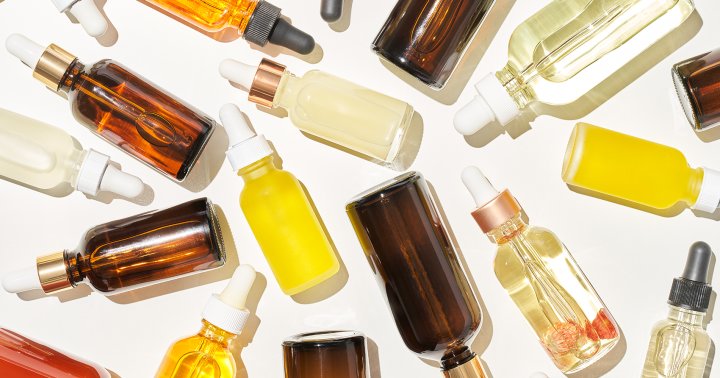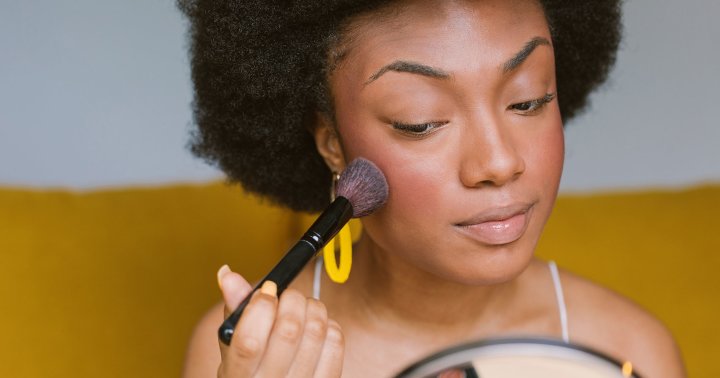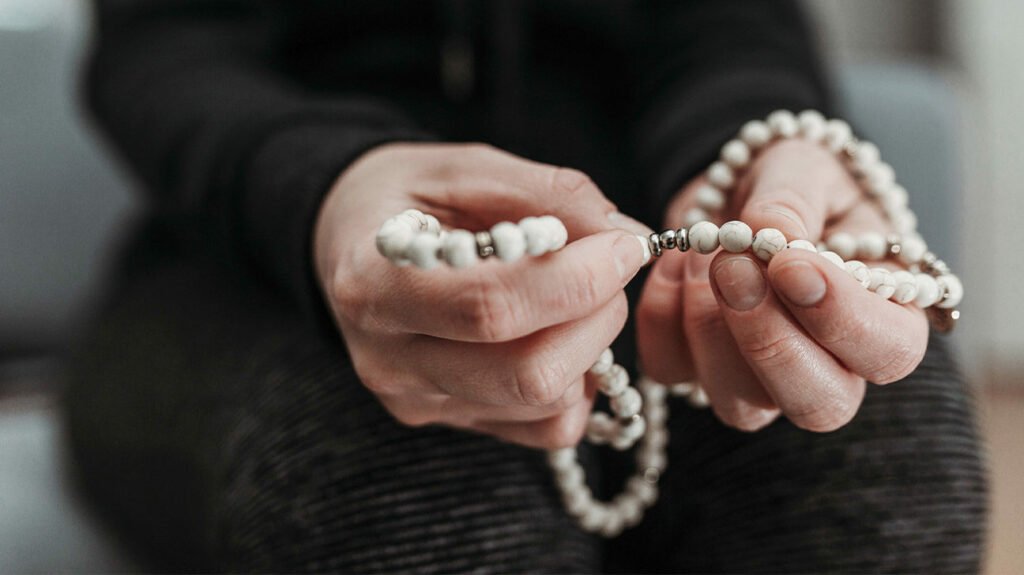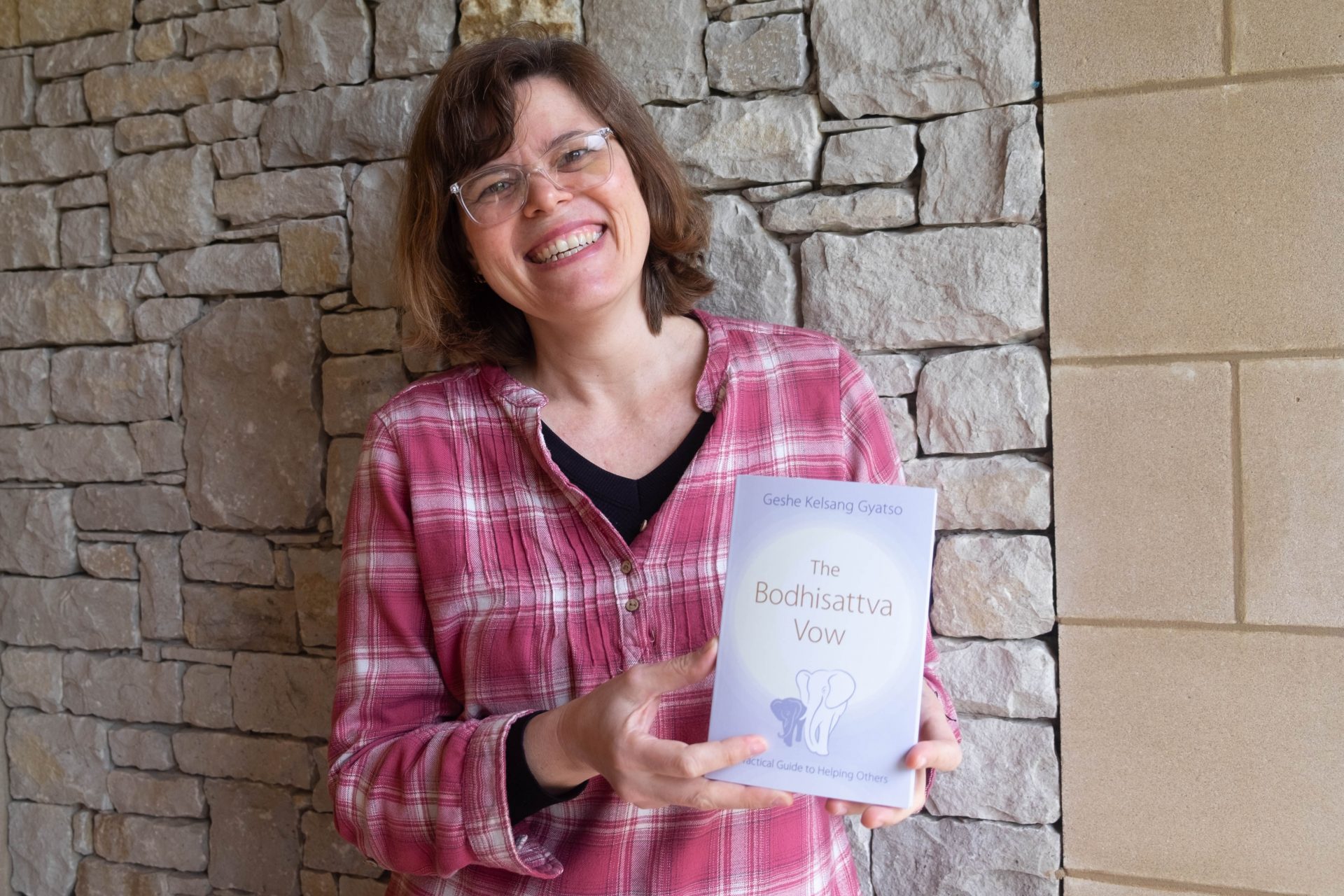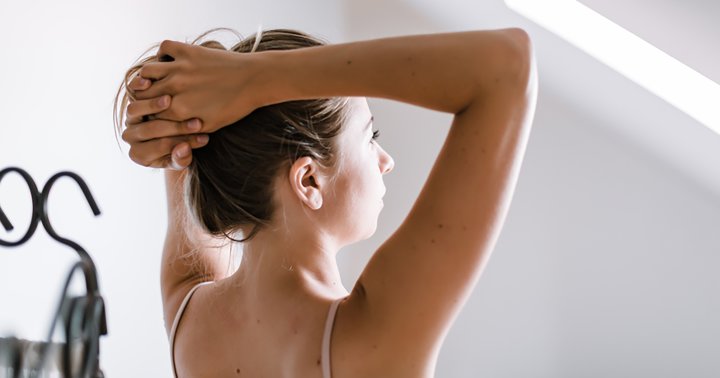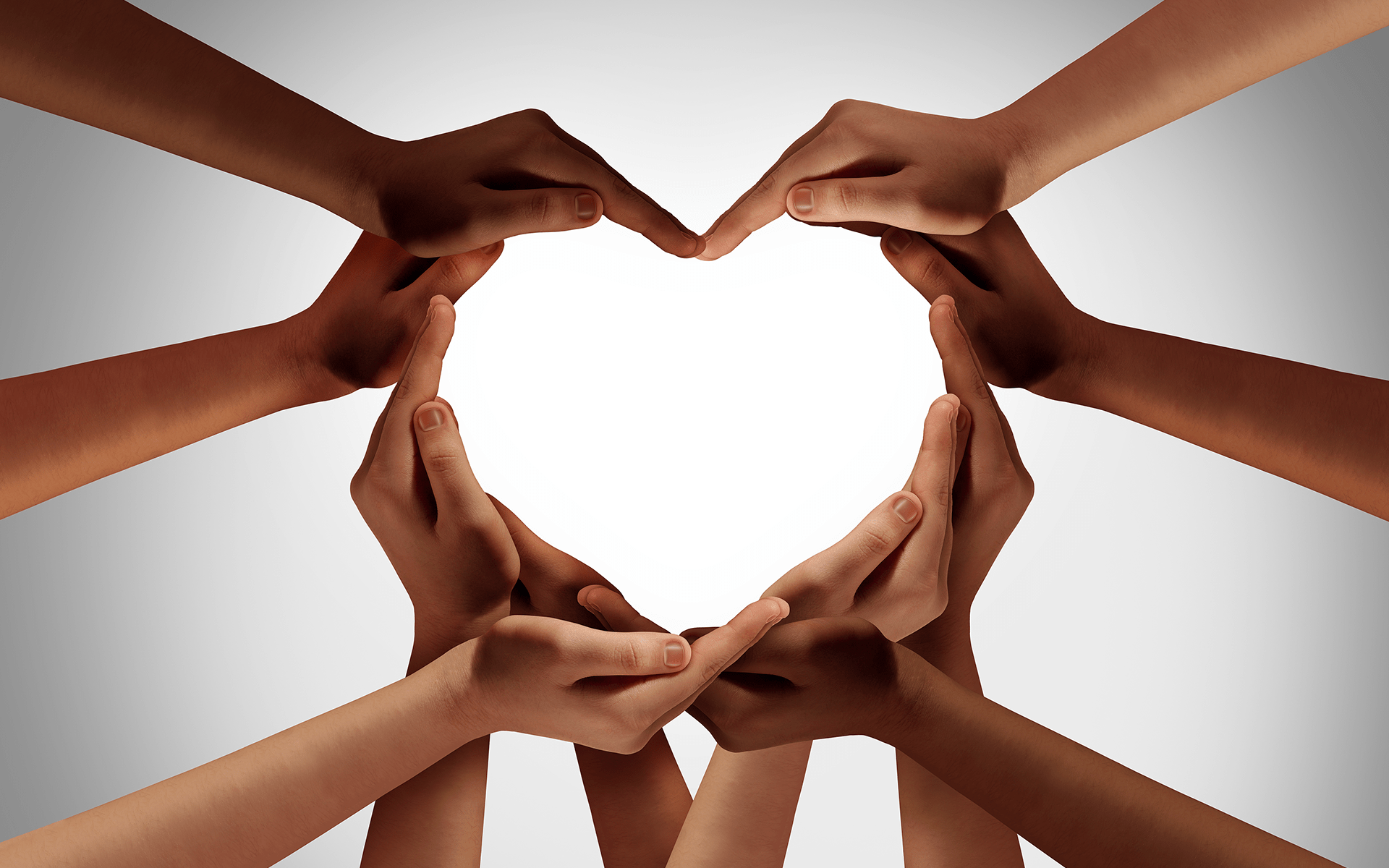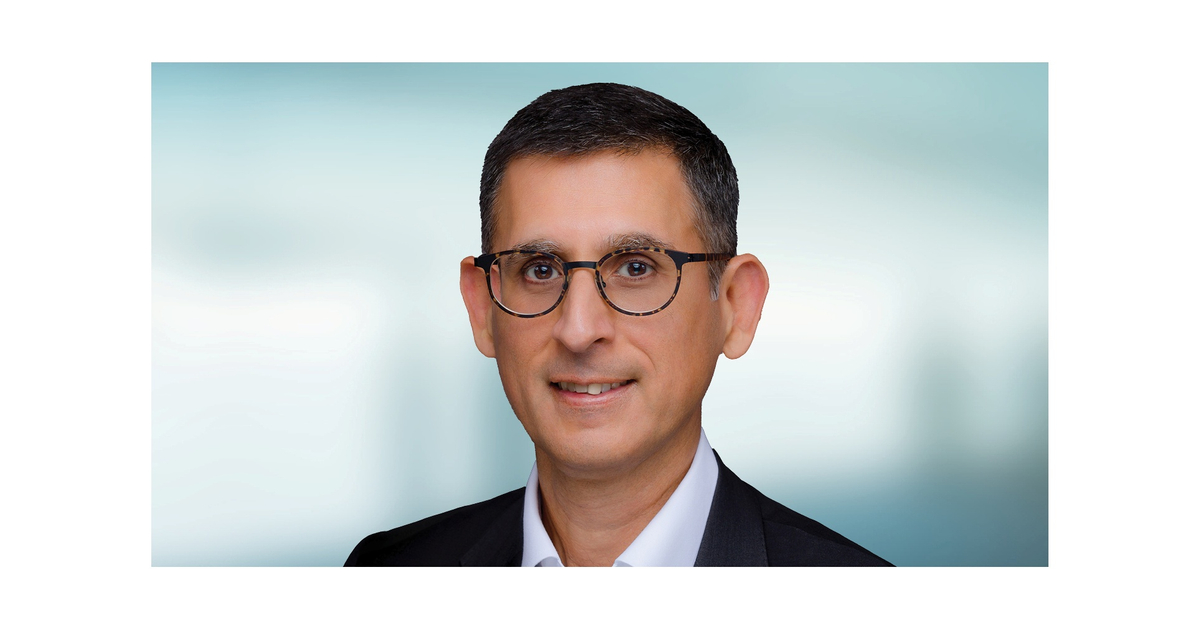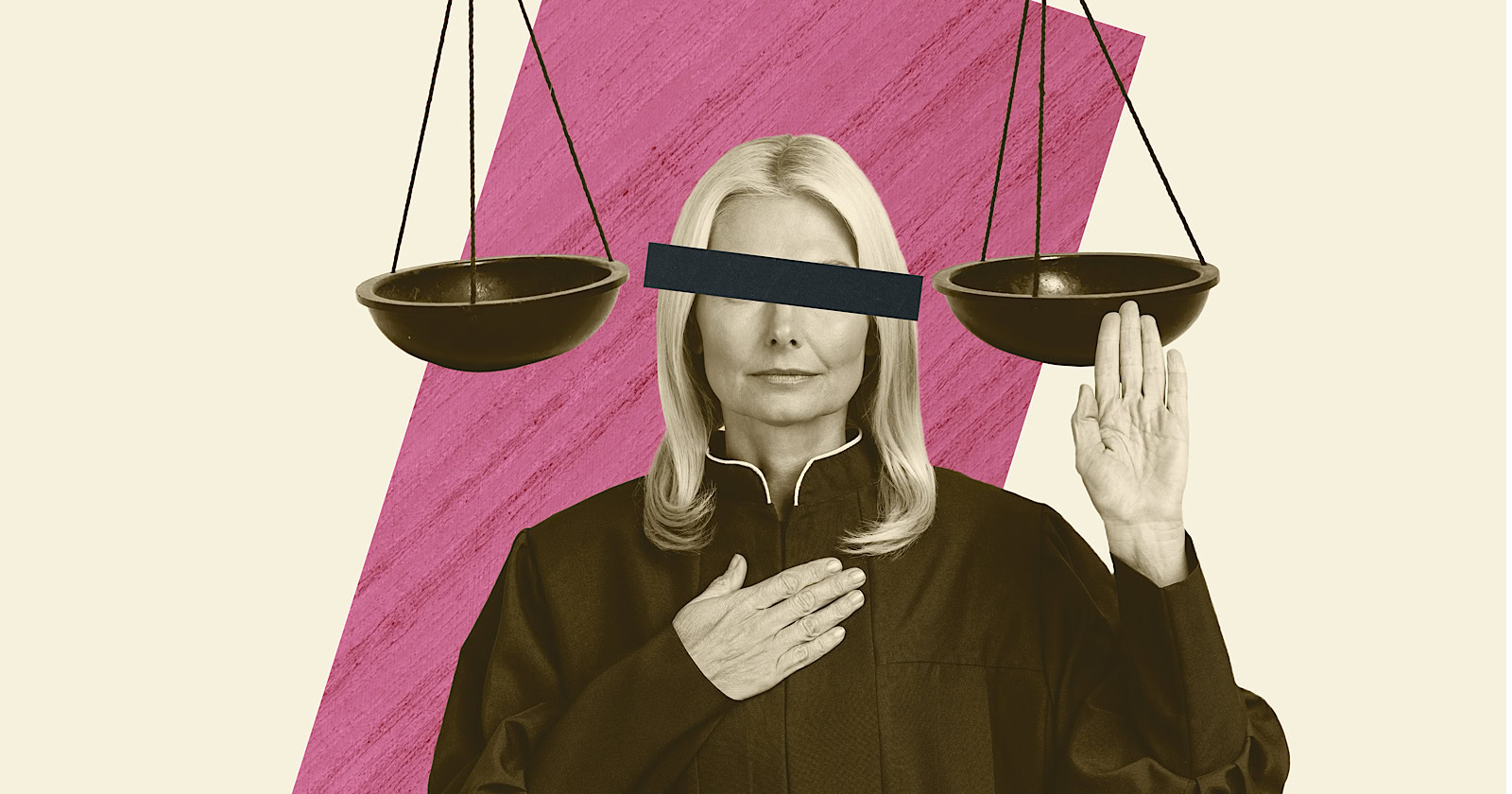Doctors Dismissed My Period Pain For 12 Years — Until I Got This Diagnosis
The process has shown me how much society normalizes women's pain.
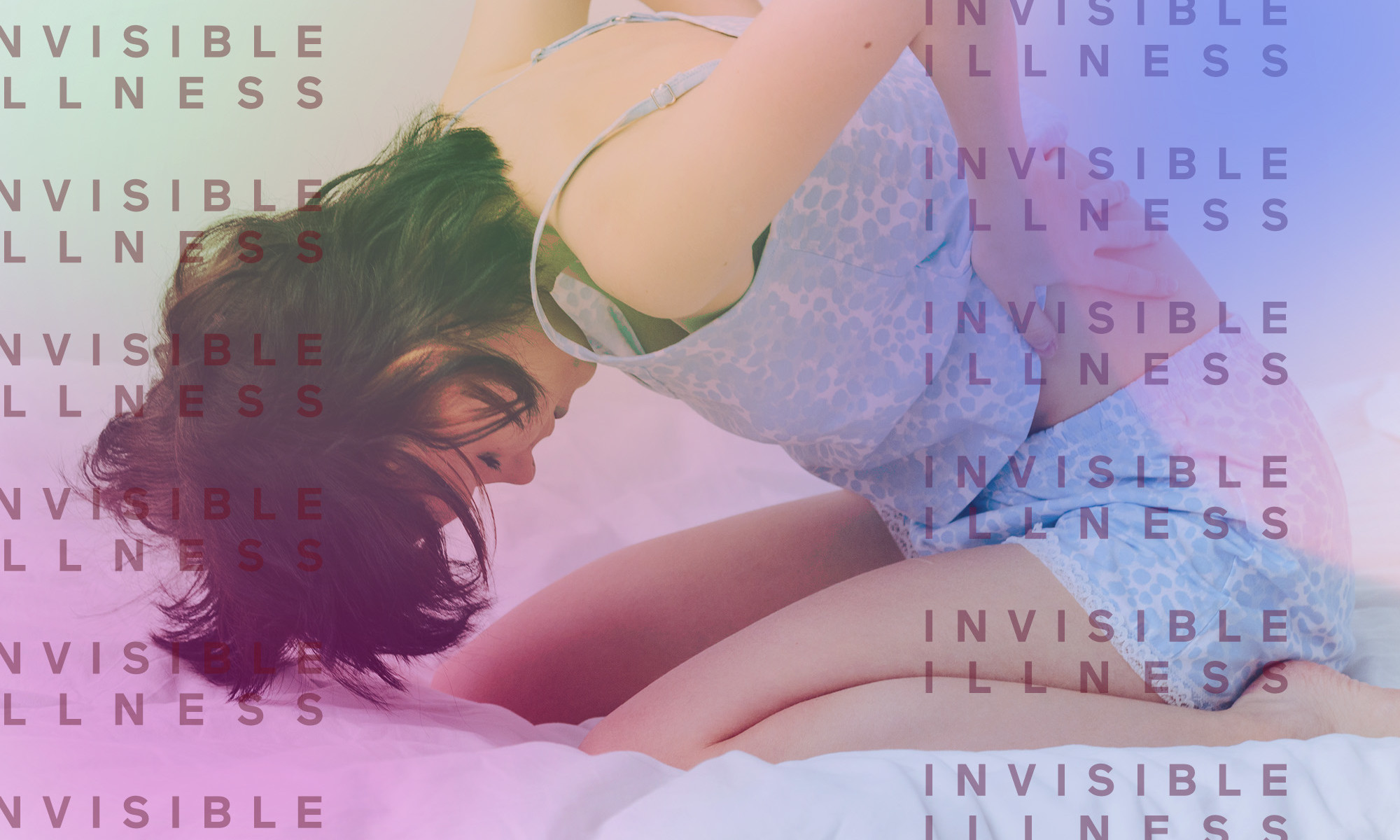
July 15, 2023 Our editors have independently chosen the products listed on this page. If you purchase something mentioned in this article, we may While some health issues are visible to the outside world, many people face chronic conditions that don't have externally visible signs or symptoms—also known as invisible illnesses. In mindbodygreen's new series, we're giving individuals with invisible illnesses a platform to share their personal experiences. Our hope is their stories will shed light on these conditions and offer solidarity to others facing similar situations.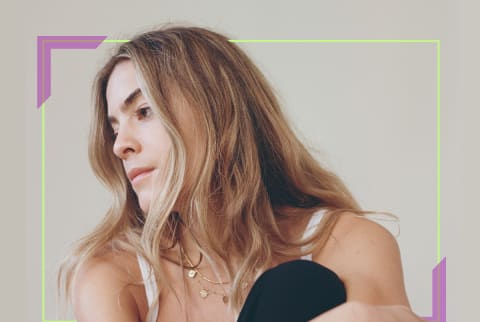
Advertisement
This ad is displayed using third party content and we do not control its accessibility features.
It all started with painful periods. About two years after I first started menstruating, I would experience awful aches—and it just kept getting worse year after year. It ultimately got so bad that I started to vomit or pass out from the pain.My periods were unbearable, and no one had answers
I eventually informed my general practitioner about these period pains, and I was told this was totally normal. (I realize that, as a society, we’ve normalized pain for women, which is why it can often be hard to get a diagnosis.)
Their solution was synthetic hormones—aka the birth control pill. However, I was really adamant that I didn’t want to take the pill. I also have epilepsy and, at the time, I was already taking so much medication for that condition. Plus, I’ve always been drawn to more natural solutions in life, so I didn’t love the idea of taking more pharmaceuticals.
However, the pattern began to repeat itself, and my periods continued to get worse. Since I didn’t want to take contraceptives, my doctor said the only other option was to prescribe me painkillers. So I began taking heavy-duty painkillers for years, which ultimately wreaked havoc on my gut health and digestion.
Then, at age 19, I moved from England to the U.S. At that point in my life, I ended up regularly going to the emergency room due to my extreme pain. Again, I was met with the same response from doctors: I was told these were just bad period pains. Not once did a medical professional suggest that there might be something else I could do to improve my menstrual cycle symptoms.
Advertisement
This ad is displayed using third party content and we do not control its accessibility features.
I finally got a diagnosis that explained my pain
Years later, when I was 27, the OB/GYN I’d been seeing said to me: You might have this condition called endometriosis. In order to diagnose it, the doctor said they’d need to do an invasive procedure called a laparoscoppy. It’s a keyhole surgery where doctors look for endometrial tissue on the exterior wall of the uterus, and remove any they find. The doctor thought I likely didn’t have it—but if I wanted to double-check, they could move forward.
Lo and behold, I had the procedure, and I was diagnosed with endometriosis.
After the surgery, I experienced relief for about six months. But then the symptoms came back. Around the same time, I had begun experimenting with taking medical cannabis to help with my seizures. About a year into weaning off my epilepsy medication, I noticed some of my endometriosis pains were improving, as well.
So, I decided from that point to try to take things into my own hands a bit more, and test out how certain lifestyle interventions might impact my symptoms. I began to lean into acupuncture, herbs, and yoga. I also began using cannabinoids internally. As a result, I started to experience profound relief.
Now, I’d be lying if I said my symptoms completely vanished and I don’t have endometriosis anymore. But, I will say things have improved dramatically. If I was experiencing pain at a 10 before, I’m now closer to a 4—all thanks to natural interventions including nutrition, stress management, meditation, yoga, TCM, and using cannabis in many forms. I also learned so much about hormonal health, and how much my choices impacted my menstrual cycle.
It was actually that realization that was the catalyst for starting Looni, my menstrual health and wellness company.
Endometriosis impacted my fertility, as well
A few years ago, I lost two babies as a result of my endometriosis. The first was an ectopic pregnancy. I was rushed to the hospital, and I had to have my fallopian tube removed. I lost the baby, and it was an incredibly challenging thing to go through. And then, shortly after, I had another pregnancy loss.
At the time, I was in a really dark place. I began to meet other people who were similarly experiencing challenges with their fertility, and I set up a WhatsApp group so we could all connect in one place. I definitely wouldn’t still be here today if it wasn’t for this beautiful community.
When you’re going through something like fertility challenges or pregnancy loss, it can be difficult to get everything you need from your partner or your family alone. That’s why I’m a really big proponent of the power of vulnerability—because I believe when we get vulnerable and open up to people, a kind of magic happens, and it allows people to feel more supported and less alone.
Advertisement
This ad is displayed using third party content and we do not control its accessibility features.
It’s certainly not easy being a woman—but it can be beautiful, too.
In my case, I was very fortunate to get pregnant, but I had trouble holding on to the pregnancy. I did look into IVF, but ultimately, that wasn’t the path I took. Last year, I ended up getting pregnant again, and I was convinced I would lose it after everything I’d been through before. But 10 weeks ago, I had my little miracle rainbow baby. I’m so grateful for him—I prayed so much for this little soul.
For anyone who is still on this journey, however, I acknowledge that it’s such a challenging, painful path to be on. And, unfortunately, not everyone gets a happy ending. But I think, for anyone experiencing this right now, I highly encourage seeking out a community. It can be so powerful, and you learn so much from others who have been through similar experiences.
How my journey led to purpose
The message group that I built during my health journey grew and grew, and after launching my company Looni, I began building the rest of the community around this fertility support group.
We now call the group “Cycle Sanity” and we have different rooms for chronic conditions, gender inclusivity, period sex and taboo, etc. This community is a great place to share tips and tricks, but it’s also just a place where everyone lifts each other up and supports one another. In addition to building community, at Looni, we’re on a mission to elevate the menstrual cycle and democratize body literacy. We encourage tracking your cycle, understanding the rhythm of your body, and using lifestyle tools to support your overall hormonal health.
I view the menstrual cycle as a window to the rest of our health. Part of that is understanding periods should not be painful—or come with any awful PMS symptoms, for that matter. Instead, pain can be a sign that something is off in the body, in which case, uncovering the root cause is essential.
As women, there are so many different points of the life cycle that we need more support—whether it's during our menstrual cycles, on a fertility journey, prenatal, postnatal, or menopause. We endure so much, which is why it’s important to support and learn from each other as we go. It’s certainly not easy being a woman—but it can be beautiful, too.
Advertisement
This ad is displayed using third party content and we do not control its accessibility features.

 MikeTyes
MikeTyes 








